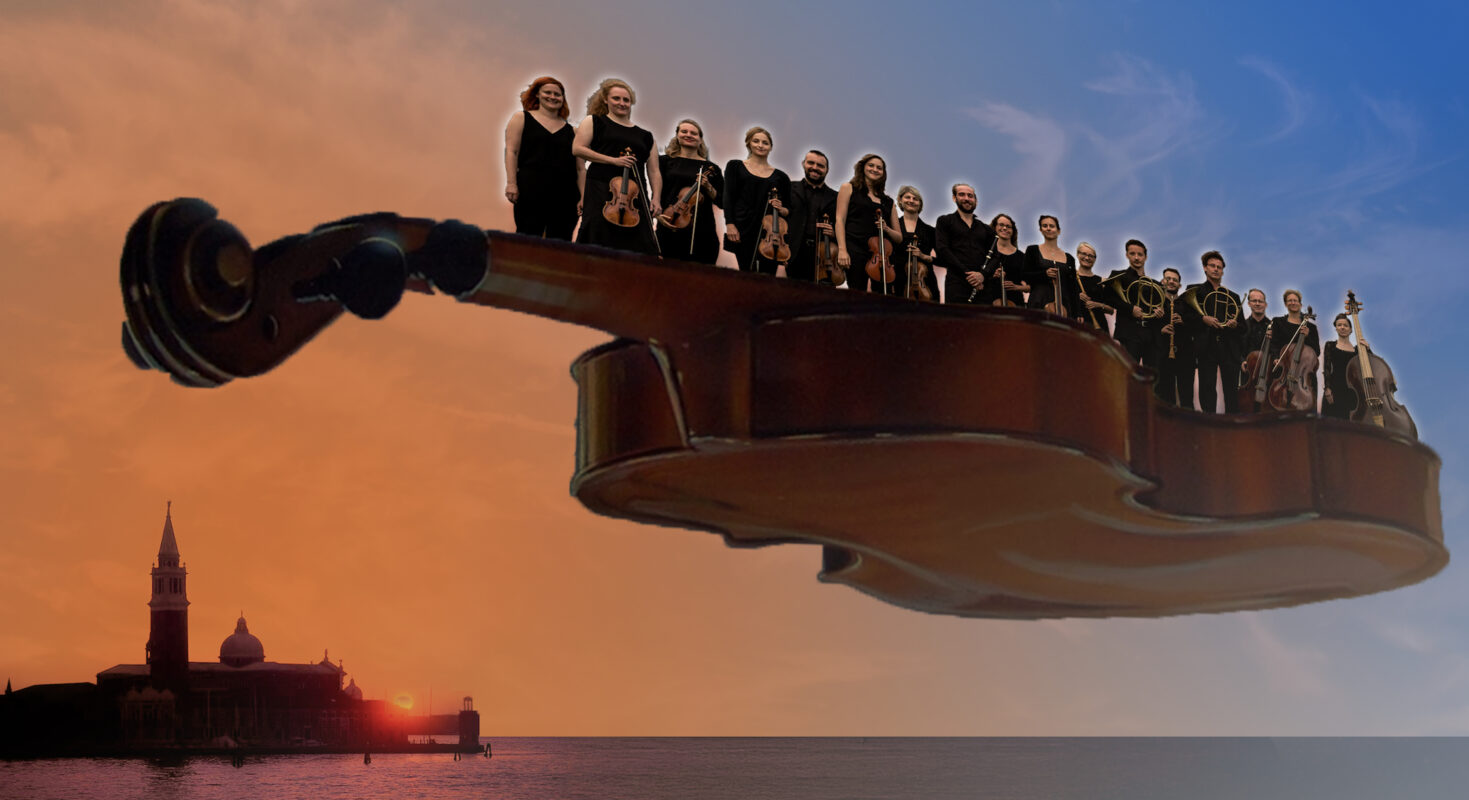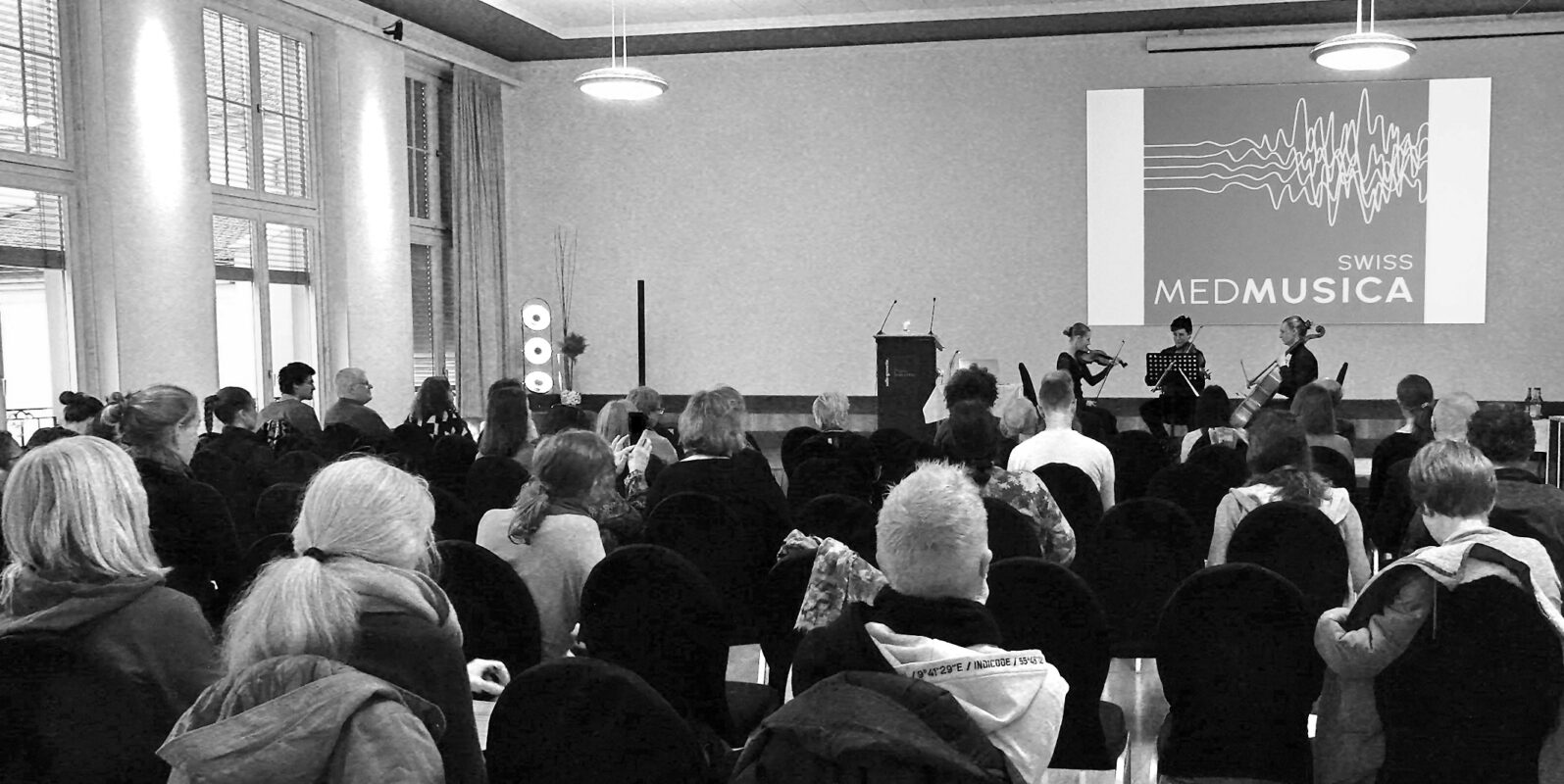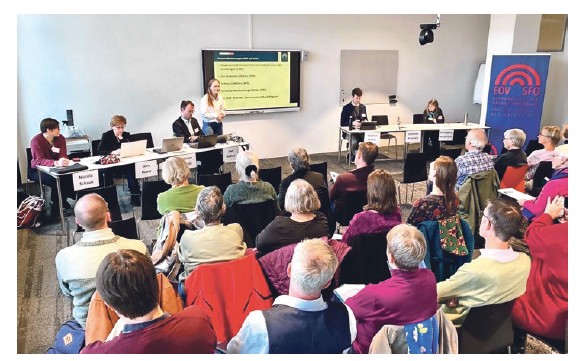Making music, a matter of the heart
What should I bear in mind when making music with regard to cardiovascular disease?

Sebastian Barth, Sebastian Kerber - Fortunately, awareness of musicians' illnesses has existed for many years. In particular, illnesses that restrict musicians in the performance of their instrument are recognized at an early stage and treated accordingly. These disorders include orthopaedic problems, neurological disorders, musician's dystonia and stage fright. Cardiovascular aspects, on the other hand, were ignored for a relatively long time.
Historically, famous musicians from different stylistic eras have suffered from a wide variety of illnesses. Cardiovascular diseases often played a role in this. Arnold Schönberg himself underwent resuscitation, which at the time was still successful thanks to a heroic injection directly into the heart. Thoracic pain is a common leading symptom of cardiovascular disease. For some time now, Tako Tsubo cardiomyopathy has been added as an important differential diagnosis. This is a stress-induced cardiac insufficiency which, in extreme cases, can lead to intensive medical treatment. This clinical picture can be triggered by excessive emotional and physical stress, particularly in exposed musicians. Post-menopausal women are particularly frequently affected (80 percent of patients), although the overall prognosis is good with a hospital mortality rate of 1 to 3 percent.
The "widespread disease" of high blood pressure plays a major role among active musicians. Numerous groups of musicians are exposed to significant increases in blood pressure, as rehearsals and performances are very stressful situations. Particularly excessive increases in blood pressure and heart rate have been documented in wind players.
Due to the progressive ageing of the Western world, the diagnosis and treatment of heart failure is becoming increasingly important. In addition to its prognostic significance, it leads to a considerable loss of quality of life, similar to depression or the need for dialysis. If left untreated, heart failure has a poor prognosis. Clarification of the underlying disease is essential to determine the therapeutic approach. The most common of these include coronary heart disease, valvular heart disease, high blood pressure, arrhythmia and myocarditis.
Depression is an important concomitant symptom of heart failure, although it is still unclear whether it is the result or cause of heart failure. In the case of a depressive mood, further diagnosis of underlying heart failure is therefore recommended.
Due to the further development of diagnostic and therapeutic procedures in invasive electrophysiology, this area of cardiology has gained enormously in importance for musicians. Cardiac arrhythmias are classified according to their place of origin (atrium or ventricle) and frequency (tachycardia or bradycardia). Atrial fibrillation, which is the most common arrhythmia, should be emphasized first and foremost. "Palpitations", "palpitations", fainting spells, dizziness or a feeling of warmth are frequently reported symptoms. In addition to taking a medical history, ECG documentation is of central importance in identifying the cardiac arrhythmia. The invasive electrophysiological examination also offers the advantage of ablating diagnosed cardiac arrhythmias in the same session and thus curing the patient. Differentiating somatic findings from psychological problems is often particularly difficult. It is not uncommon for outpatient diagnostics to be carried out "at the workplace" with the instrument on site in order to detect cardiovascular changes or cardiac arrhythmias on a situational basis.
Diagnostics and therapy will be successful if, in addition to broad internal medicine and cardiology training, there is a high degree of sensitivity to the specific professional situation of musicians and in-depth knowledge of the effects of the instrument.
Dr. med. Sebastian Barth, Senior Physician Cardiology, Cardiovascular Clinic Bad Neustadt
Prof. Dr. med. Sebastian Kerber, Chief Physician Cardiology I Cardiovascular Clinic Bad Neustadt








